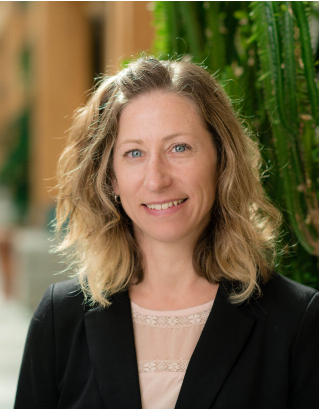NRESi Colloquium - Forest ecosystems and plant reproduction and nutrition after herbicide use - Dr. Lisa Wood

Glyphosate-based herbicides (GBH) are used across the globe. Often areas surrounding treatment zones are prone to unintended herbicide exposure and suffer the impacts of sublethal contact. Research out of The Plant Lab at UNBC shows that there is residual glyphosate in forest plants years after applications take place. We are accumulating information about what role this residual herbicide ingredient plays in the larger function of forest ecosystems of northern BC and Alberta. Using controlled trials at the IK Barber Enhanced Forestry Laboratory and through surveying and sampling in operationally managed forests we have observed that the rate of glyphosate degradation in plant tissues is dependent on climate conditions such as temperature and photoperiod. We have also observed that residue persistence in plants is dependent on perennation type, as it relates to the rate of litter/nutrient cycling. We understand that the impacts to ecosystem function are significant at least one full year after applications, with effects to floral and fruit production, pollen viability, fluorescence of flowers, and insect community composition. We hypothesize that GBH residues and these ecosystem changes lead to changes in space use by other organisms such as fungi, microbes, birds, and mammals which are currently under investigation or will be investigated over the next 5 years. Changes in communities, and in the way individuals and/or populations use treated areas, is no doubt due to overall change in habitat and food quantity and quality.
The Natural Resources & Environmental Studies Institute (NRESi) at UNBC hosts a weekly lecture series at the Prince George campus. Anyone from the university or wider community with interest in the topic area is welcome to attend. Presentations are also made available to remote participants through Zoom Webinar. Go to http://www.unbc.ca/nres-institute/colloquium-webcasts to view the presentation remotely.
Past NRESi colloquium presentations and special lectures can be viewed on our video archive, available here.